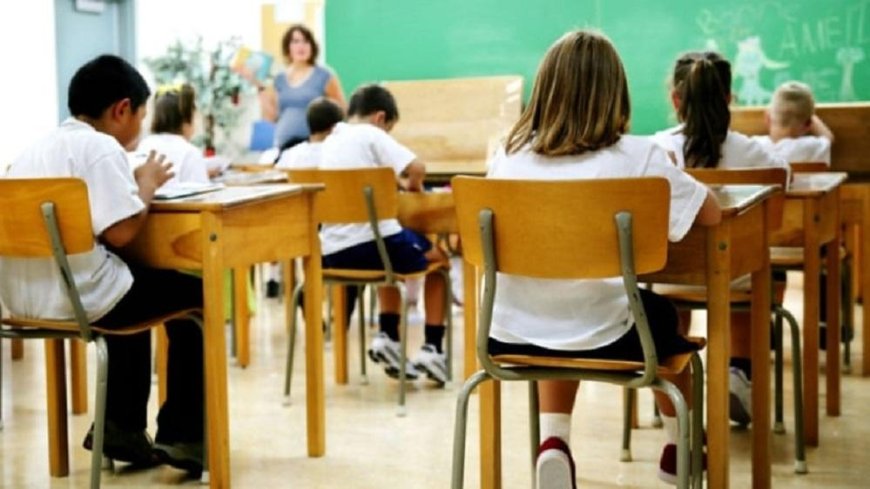Teachers often complain about discipline
one of the hardest parts of their job. Almost fifty percent teachers stress about student behavior. Teachers often complain about discipline.

Maintaining discipline in a classroom is a huge challenge for teachers. Most often teachers agree that keeping discipline is one of the hardest parts of their job. Almost fifty percent teachers stress about student behavior. Teachers often complain about discipline.
Research has proved that teachers should never be left alone to manage classroom discipline; the administration must stand by their side in this effort. Discipline at schools is effective if teachers and administration work together towards solving behavioral problems. Research has categorized student behavior in three categories: disengaged attitude, disruptive behavior and anti-social or aggressive behavior.
The most frequently type observed in classrooms is disengaged behavior. Students showing this behavior are less interested in studies, they lack concentration and are slow at learning. They do not like to engaged themselves with classroom activities therefore, showing low performance. or disruptive.
Must Read: Consumption of energy by the brain linked with weight gain
Disruptive behavior is the second most-observed kind of comportment at schools. these two types are really hard to manage for teachers dealing with students exhibiting these conduct types. Violent or anti-social behavior is not so common. Only few students with aggressive behavior come to schools. However, experiencing aggression at students™ part is quite shocking for teachers. Teachers need to look into the causes that bring such attitudes.
Understanding the reasons may help them better cope with problematic behavior. It is not only family factors that affect kids™ behaviours, teachers™ own steps may cause problems for students. For example, some students find teacher™s routine, class layout and design of learning activities to be hard enough to cope with.
Failure at keeping pace with class practices may generate disruptive attitude or lack of engagement in activities. Staff™s beliefs regarding students can work as a guide to create ways that are acceptable when treating students with behavioral problems.
